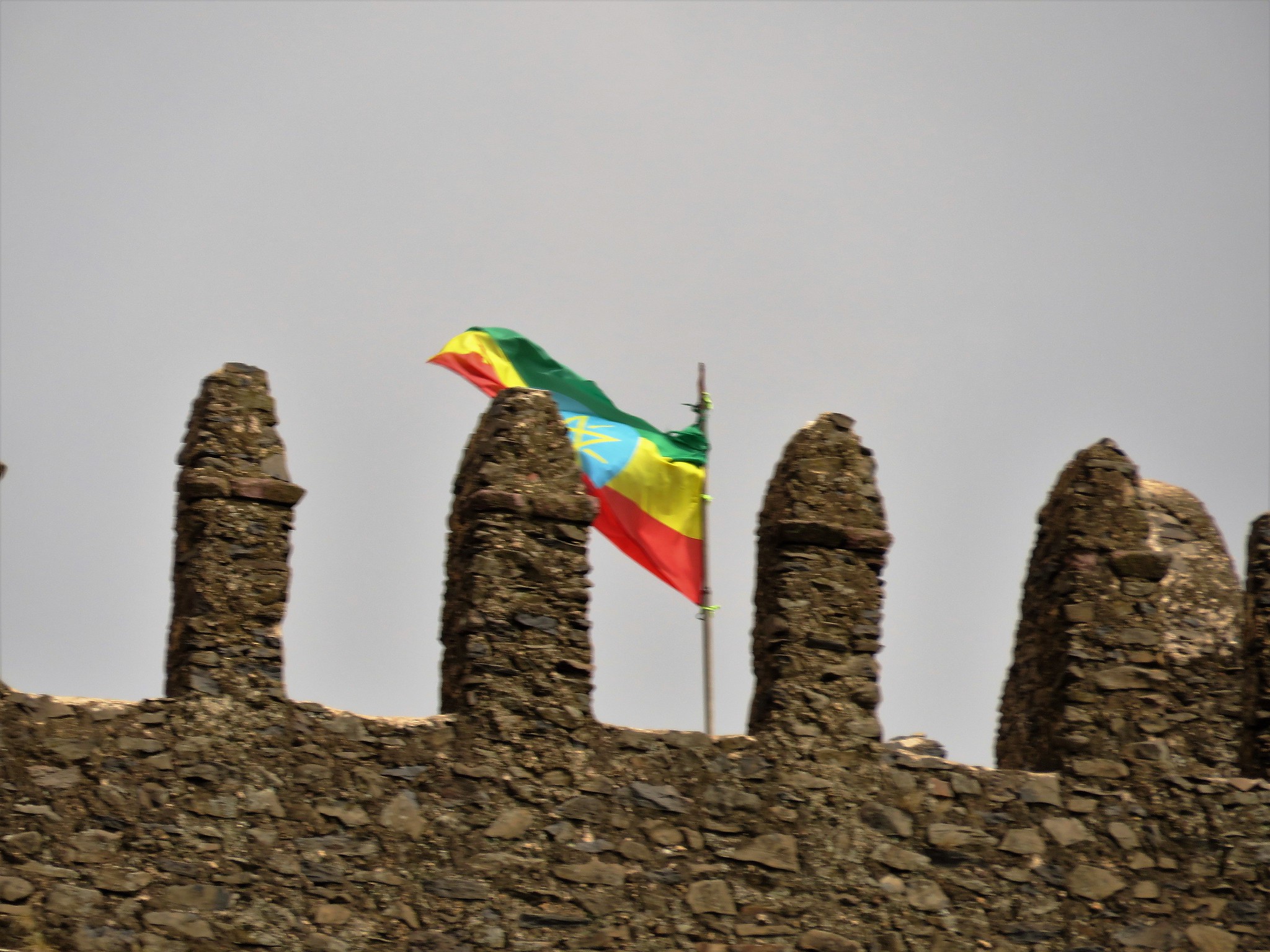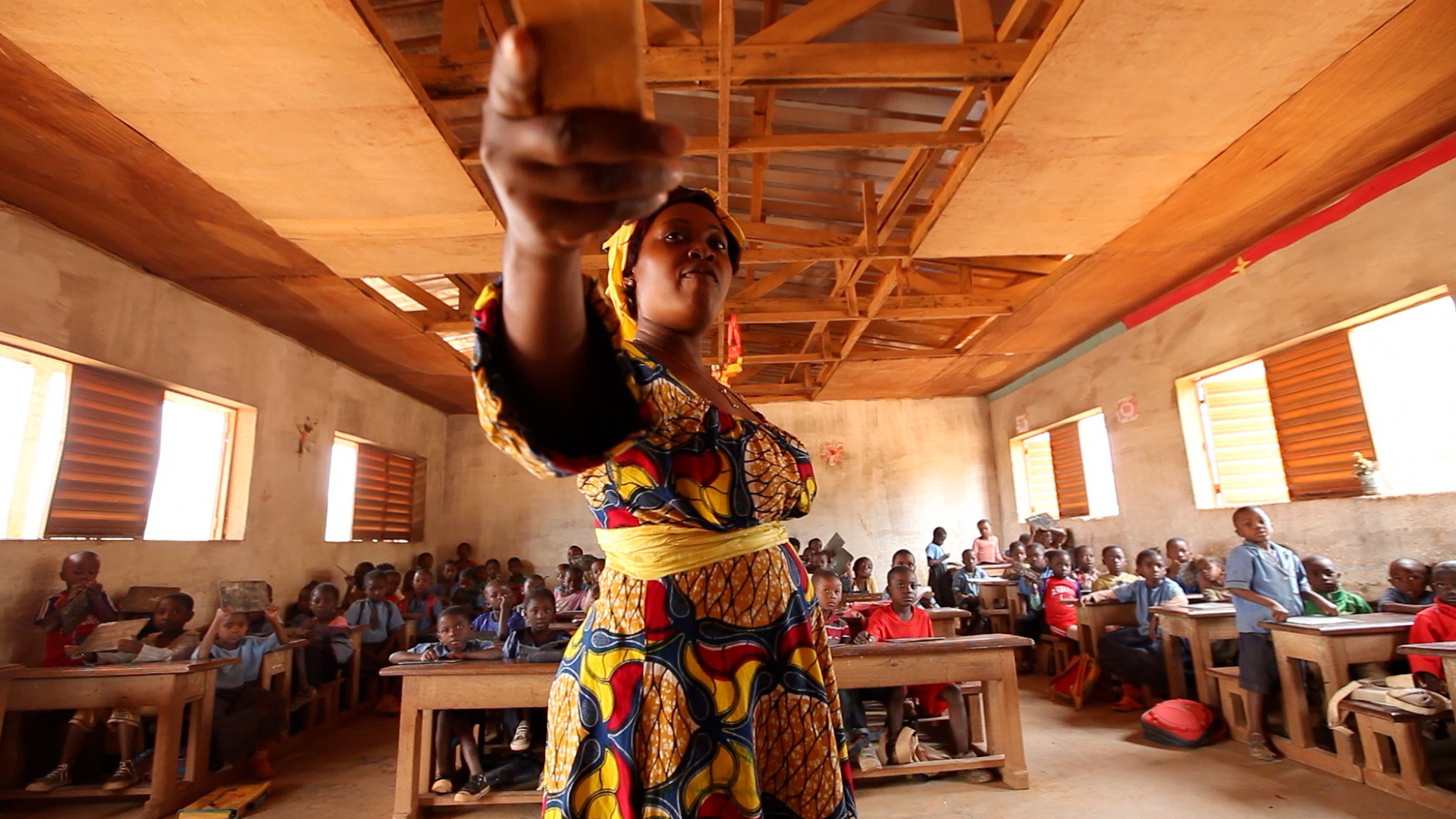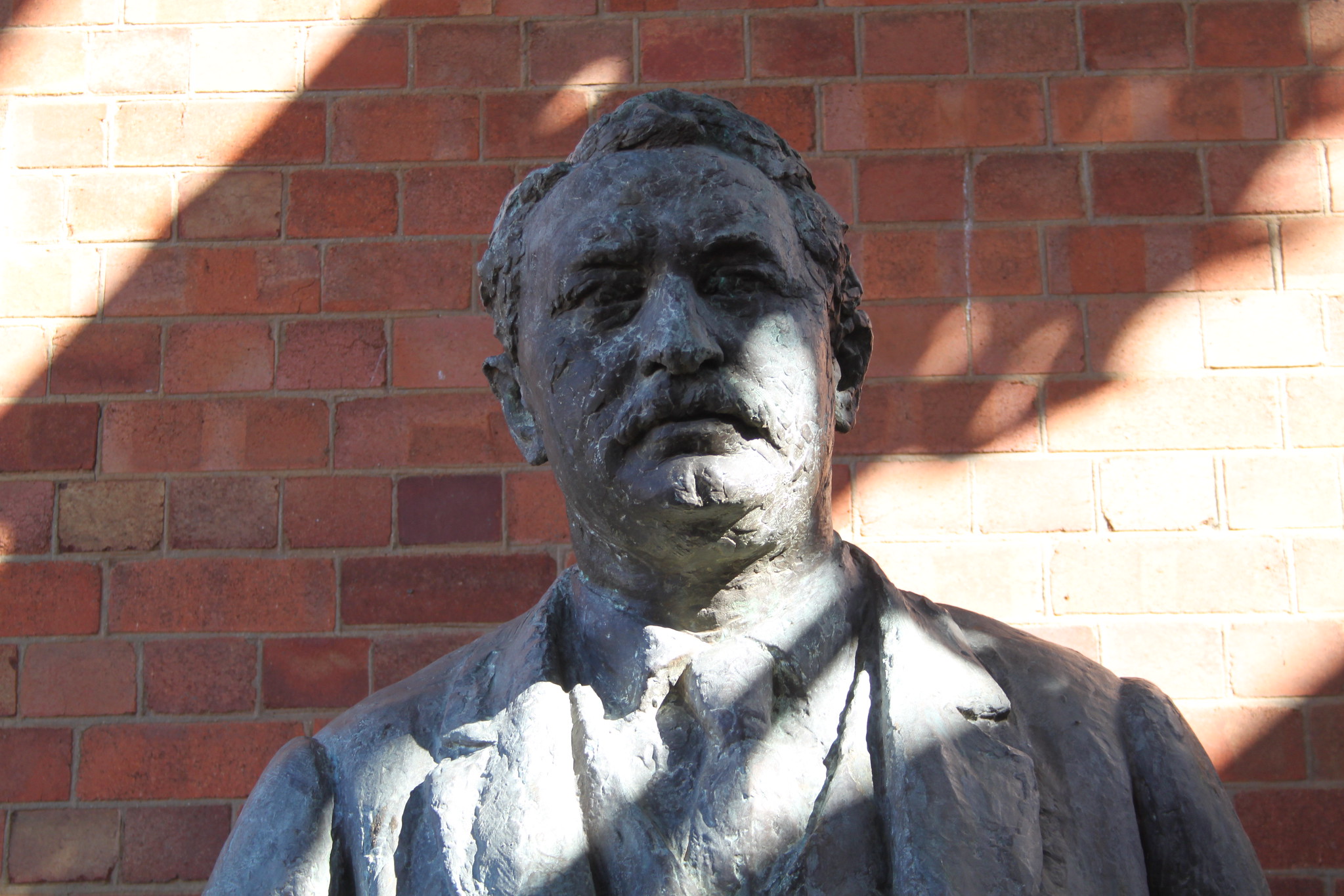Many African countries are attempting to develop while being governed by systems that do not adequately reflect their cultures and history. This can create a disconnect that is holding Africa back, writes Samuel Ojo Oloruntoba and Zainab Monisola Olaitan.
African countries are facing a crisis of governance and development. The continent is bedeviled by low human development, with high levels of poverty, inequality, and mass unemployment, especially among the youth of Africa. The 2022 human development report which looked at 2019-2021 shows that 40 African countries saw a decrease in the HDI while only 8 enjoyed slight increase. The high hopes that the third wave of democracy would foster inclusive development in Africa have not been realised, in part because imported liberal democracy has not been adapted to the particular conditions of African countries.
Governance and development
The link between the crisis of governance and development in Africa is evident in the continent’s democratic processes. The cost of governance is high, institutions are weak, and the monetisation of the electoral process leads to rigging and corruption. Such practices have left women and young people in particular disconnected from their countries democracies.
Except for Rwanda at 61.3 per cent and South Africa at 46.5 per cent, women in Africa continue to be underrepresented in the democratic process. The number of young people taking up elective and appointed positions is also very low compared to the adult population. Additionally, traditional governance institutions play very little roles in governance, yet they are the closest sources of authority to where the majority of Africans live.
Indigenous governance
After centuries of subjugation, and alienation, indigenous knowledge is once again gaining global respect. Indigenous knowledge or traditional knowledge systems have developed over countless generations and includes knowledge of the local area, the values of the people who live their, and their shared history. They are based on individual and collectively learned experiences and explanations of the world, verified by elders, and conveyed and guided through experiential learning, oral traditions, and other means of record keeping.
The use of indigenous knowledge in precolonial African societies helped build powerful empires that ensured wellbeing of the population. Unlike in the current democracies, where patriarchy holds sway, women occupied important positions such as queens, advisors, and warriors. As depicted in the film The Woman King, African women played an important role in establishing, protecting, and sustaining governance.
Today, old men are at the helms of affairs, but traditionally the youths were also involved in various forms of governance. Using indigenous knowledge systems in governance can help to address the current challenges of governance and development.
One such challenges is the disconnect of the ruling elites from the aspirations of the society. This is largely borne out of the adoption of a Eurocentric world view which promotes individual accumulation at the expense of the community. It negates the African long held values of ubuntu and communalism.
Precolonial African leaders saw themselves as the servants of the society and stewards for managing resources on behalf of their respective communities. Representatives of traditional leaders from the Zulu kingdom and Khoi San say governance was defined by the subordination of the ambition of the individual leaders to satisfy the interests of the society. Traditional institutions have been subordinated to the state, a process which had its roots in the colonial era, but the dichotomy has created institutional incoherence.
African democracies suffer from a lack of accountability of the ruling elites to the people. Although politicians are elected by the people, the behaviour of the politicians, such as diversion of public funds, undermines the developmental aspirations of the communities they claim to represent. An engagement with Africa indigenous knowledge can help to address this.
In the Old Oyo empire in Southwest Nigeria, accountability was ensured through a system of checks and balances, in which the king was held accountable by the Council of Chiefs (Oyomesi). The system was reinforced by customs, mores and taboos, which the king dared not violate. In rare cases, where the king proved too stubborn to listen to the counsel of the Council, he was made to ‘open the calabash’ which effectively mean abdication of the throne.
Although governance was not perfect in precolonial Africa, the knowledge systems that informed the establishment, expansion and institutionalisation of various empires can contribute to addressing some of the governance challenges being faced in Africa today. There is need to revisit the traditional governance institutions in ways that can make them play more active roles in governance. Despite the tension between the postcolonial state and the traditional governance institutions, they continue to exist side by side. Given that most Africans live in rural areas, traditional governance institutions should be empowered to have access to and manage more resources on behalf of their respective communities. The high cost of governance associated with operating democracy in Africa can be drastically reduced if traditional leaders are empowered to perform more roles on issues of security, dispute resolution, management of natural resources, environmental protection, and resuscitation of the values of communalism, accountability and collective action for social progress.
Photo credit: GovernmentZA used with permission CC BY-ND 2.0





